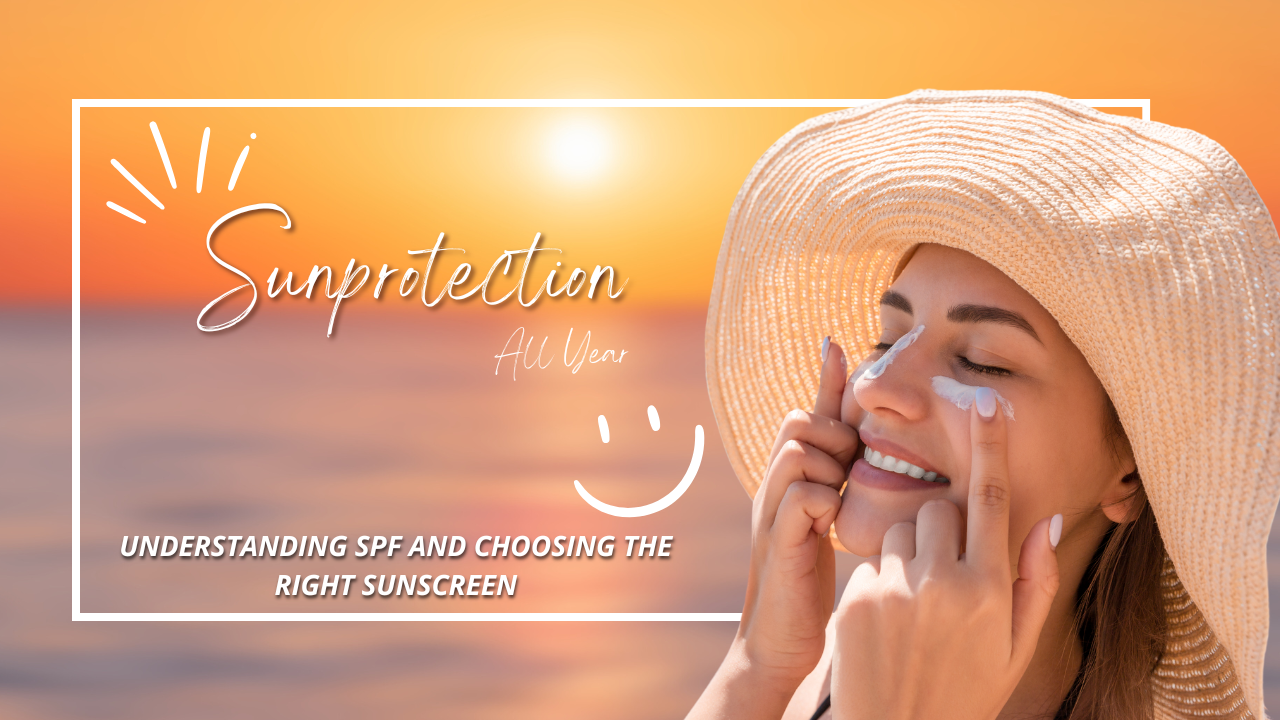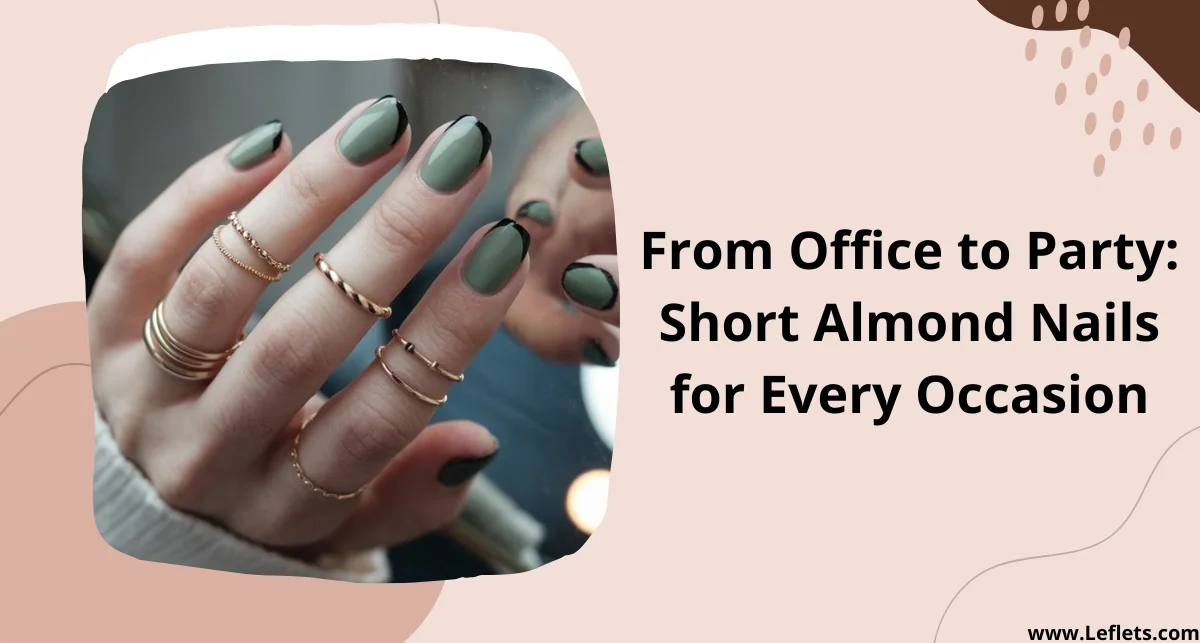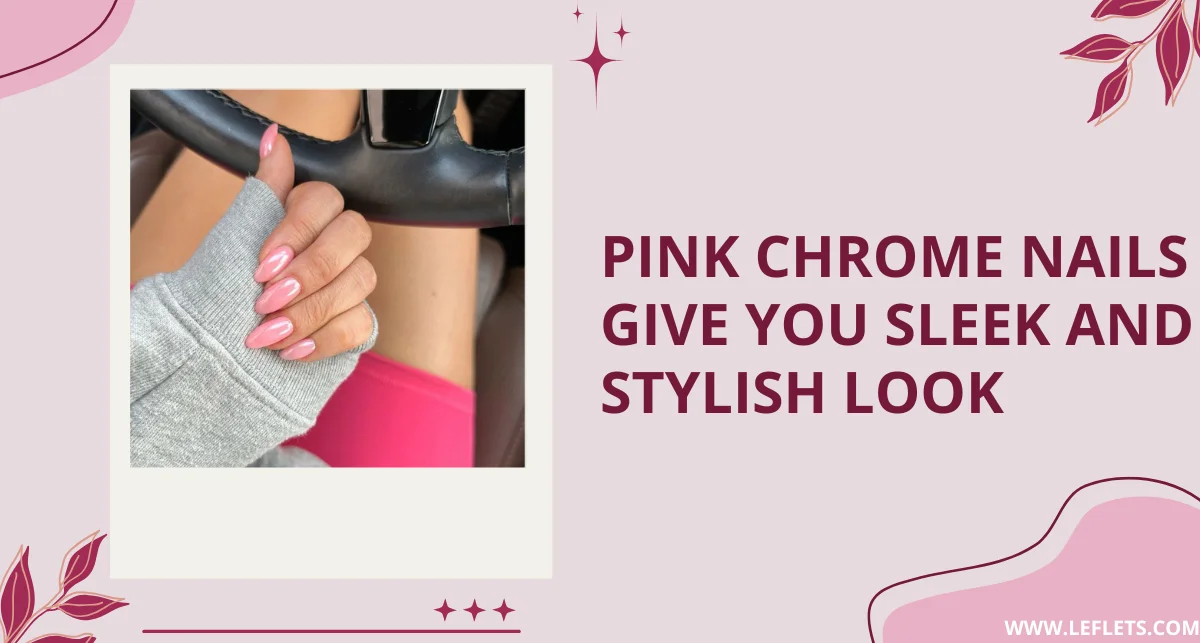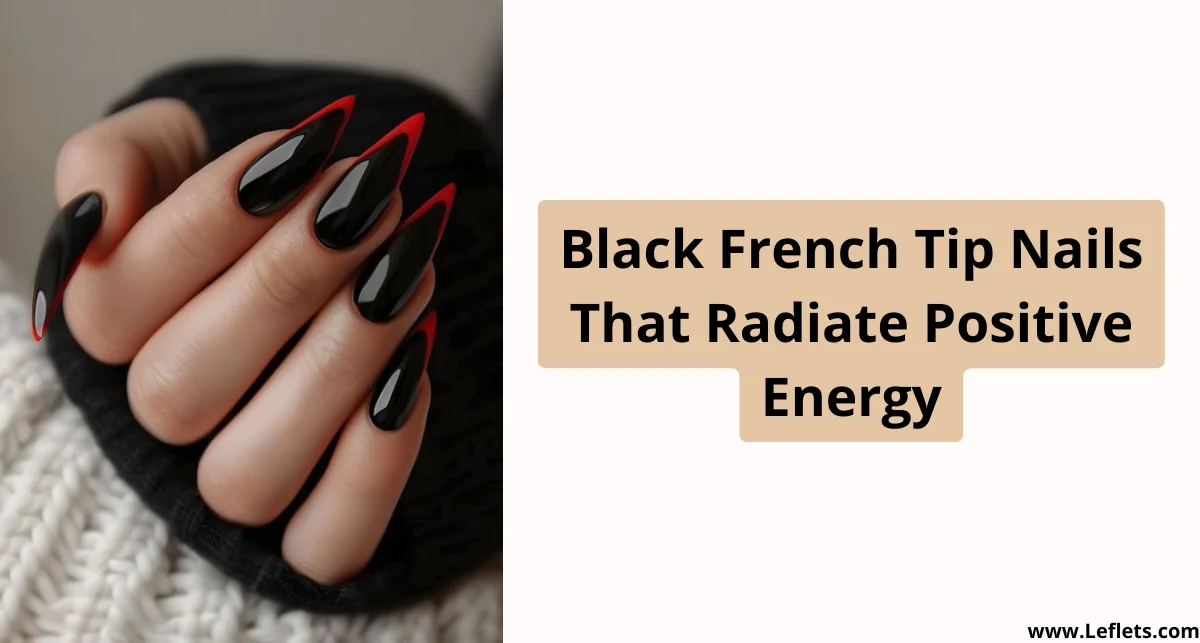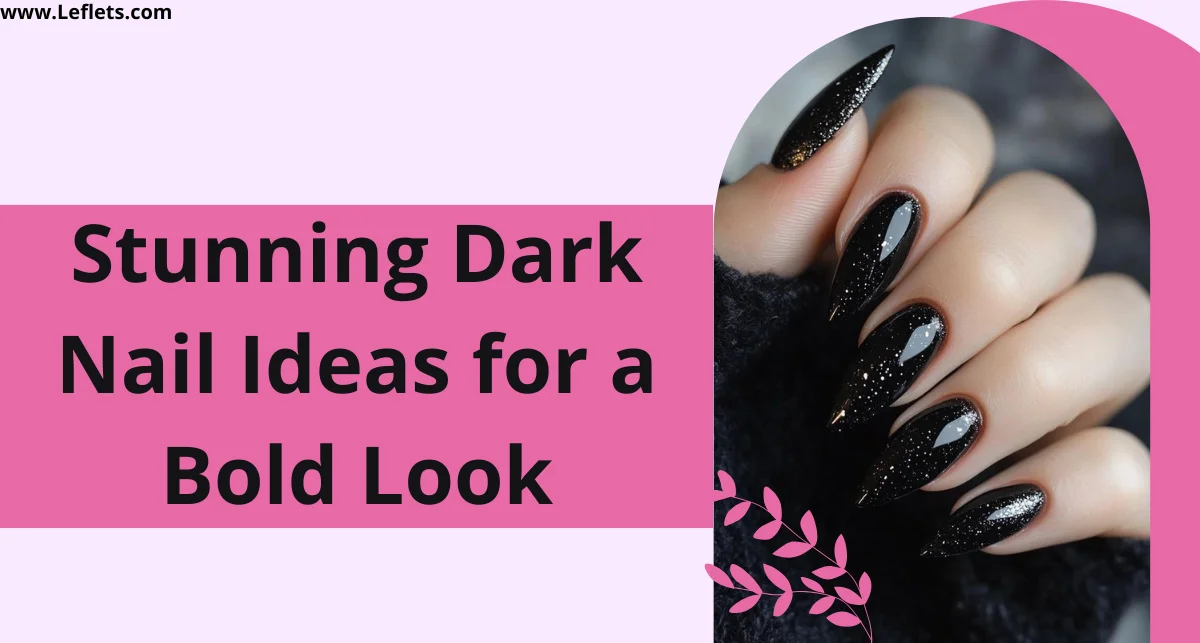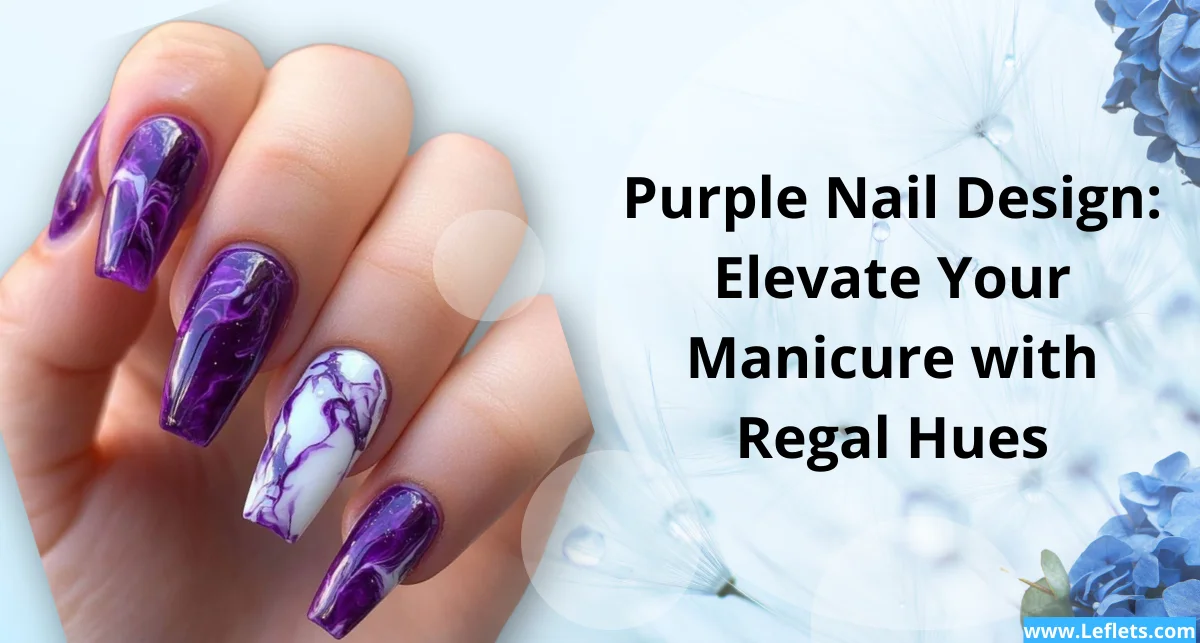To achieve glowing, youthful skin and protect it from long-term damage, sunscreen is a non-negotiable skincare essential. Many people only think about sunscreen during summer or when they're going to the beach, but protecting your skin from the harmful effects of UV rays is crucial all year round. Let’s dive deep into why SPF is essential and how to choose the best sunscreen for your face, no matter the season.
Why Is Sun Protection Important Year-Round?
It’s easy to assume that sun protection is only necessary when the weather is sunny, but the truth is UV rays are a threat year-round. The sun emits ultraviolet (UV) rays every day, even when it's cloudy or rainy. There are two primary types of UV rays that can harm your skin:
- UVA Rays: These rays are responsible for skin aging and contribute to wrinkles, fine lines, and dark spots. They penetrate deeper into the skin layers, which is why prolonged exposure to UVA rays can lead to visible aging and increase the risk of developing skin cancer over time.
- UVB Rays: These rays are responsible for sunburns and are directly linked to the development of skin cancer. UVB rays are stronger during the summer but are still present throughout the year, even during cloudy or winter days.
Even on overcast days, up to 80% of UV rays can penetrate the clouds and reach your skin. Additionally, snow and water can reflect UV rays, intensifying their effects. Therefore, daily sunscreen application should be part of the best skincare routine for glowing skin. Applying sunscreen consistently is essential to shield your skin from both UVA and UVB damage, preventing premature aging, sunburns, dark spots, and long-term skin damage.
Understanding SPF
SPF, or Sun Protection Factor, is a measure of how well a sunscreen protects against UVB rays. The higher the SPF, the better the sunscreen’s ability to protect your skin from sunburn. Here’s how SPF works:
- SPF 15 blocks about 93% of UVB rays.
- SPF 30 blocks about 97% of UVB rays.
- SPF 50 blocks about 98% of UVB rays.
It’s important to note that no sunscreen can block 100% of UV rays, but higher SPF offers more extended protection. For most people, an SPF of 30 or higher is recommended for everyday use, especially if you spend time outdoors.
How to Choose the Right Sunscreen
When choosing a sunscreen, several factors come into play to ensure you select the best product for your skin type and needs. Here are key factors to consider when picking a sunscreen:
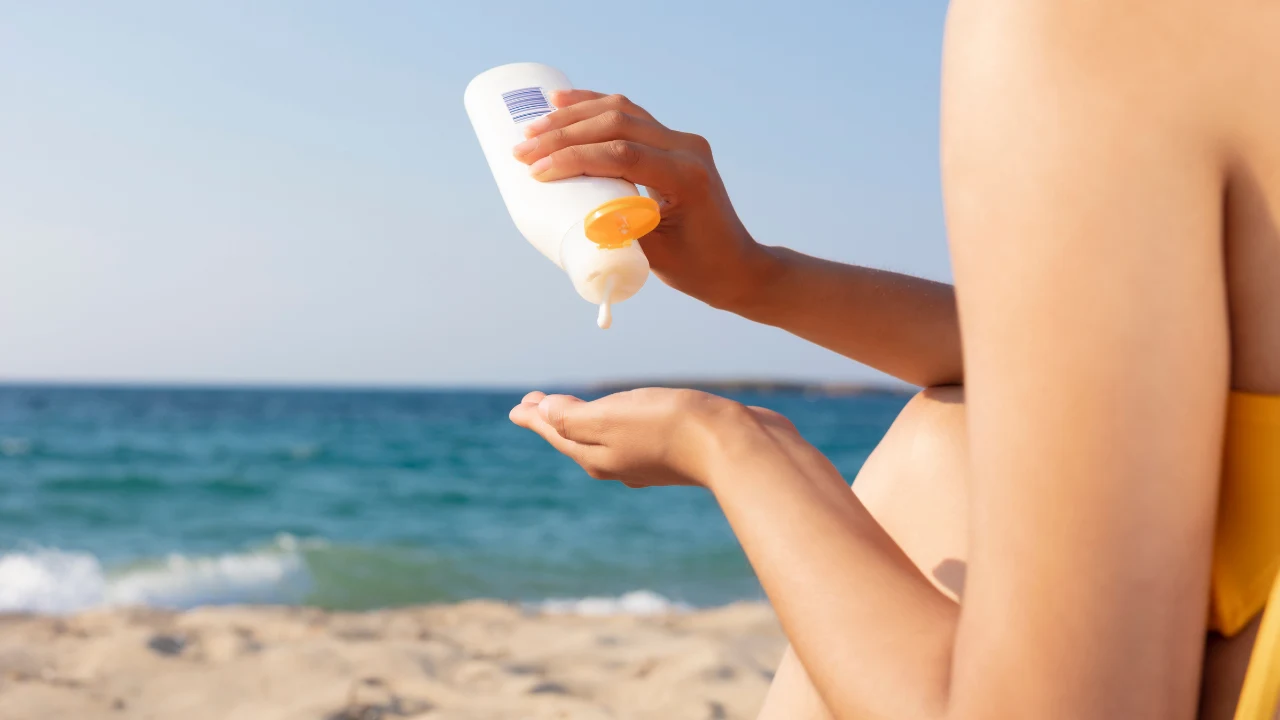
1. Broad-Spectrum Protection
Look for sunscreens that offer broad spectrum protection, meaning they shield your skin from both UVA and UVB rays. Broad-spectrum sunscreens are essential for comprehensive coverage against the full spectrum of harmful rays.
2. Skin Type Compatibility
Your skin type plays a major role in choosing the right sunscreen. Here are some recommendations based on different skin types:
- For Sensitive Skin: Opt for mineral sunscreens with active ingredients like zinc oxide or titanium dioxide. These physical blockers sit on top of your skin and reflect UV rays without being absorbed, making them ideal for sensitive or reactive skin. Mineral sunscreens are also less likely to cause irritation compared to chemical sunscreens.
- For Oily or Acne Prone Skin: Look for non comedogenic and lightweight sunscreens that won’t clog pores. Gel-based or oil-free formulations are great options for acne-prone or oily skin, as they provide sun protection without making your skin feel greasy.
- For Dry Skin: Choose sunscreens that offer added hydration. Look for products that include moisturizing ingredients like aloe vera, glycerin, or hyaluronic acid. These ingredients can help keep your skin feeling moisturized while providing sun protection.
3. Water Resistance
If you plan to be outdoors, swimming, or sweating, water resistant sunscreen is a must. These formulations provide long-lasting protection even when exposed to water, ensuring your skin stays protected for a longer period of time.
4. Physical vs. Chemical Sunscreens
- Physical (Mineral) Sunscreens: These contain physical blockers like zinc oxide and titanium dioxide that physically sit on the skin’s surface and reflect UV rays. They are typically gentler on the skin and less likely to cause irritation, making them perfect for sensitive or reactive skin.
- Chemical Sunscreens: These sunscreens absorb UV rays and convert them into heat, preventing them from penetrating the skin. While chemical sunscreens are often lighter and more transparent than mineral sunscreens, they may not be as suitable for sensitive skin types, as they can cause irritation in some people.
5. Ingredients to Look For
- Physical Blockers: Zinc oxide and titanium dioxide are two of the best ingredients in sunscreens for sensitive skin. These ingredients are known for providing broad spectrum protection and are often found in mineral sunscreens.
- Chemical Filters: Ingredients like avobenzone, octisalate, and homosalate are chemical filters that are often used in sunscreens to absorb and dissipate UV rays. These ingredients are typically found in chemical sunscreens and are lightweight and transparent.
How to Apply Sunscreen Correctly
Applying sunscreen correctly is crucial for ensuring optimal protection. Here’s how to do it:
- Use the Right Amount: For your face, a nickel sized amount is typically enough to provide adequate coverage. For your body, you’ll need about two tablespoons of sunscreen to cover all exposed areas.
- Apply 15–30 Minutes Before Sun Exposure: Sunscreen needs time to absorb into the skin and start working, so it’s essential to apply it 15 to 30 minutes before going outside.
- Reapply Regularly: Sunscreen wears off over time, so it’s important to reapply every two hours. If you’re sweating or swimming, reapply immediately after towel drying or after being in the water.
Sunscreen Myths to Debunk
There are several myths about sunscreen that can lead to confusion. Let’s debunk a few of them:
- Myth: You don’t need sunscreen indoors.Fact: UVA rays can penetrate windows, so even if you’re inside, you still need sunscreen. Protect your skin from UV damage, even when you’re not directly outdoors.
- Fact: UVA rays can penetrate windows, so even if you’re inside, you still need sunscreen. Protect your skin from UV damage, even when you’re not directly outdoors.
- Myth: Darker skin tones don’t need sunscreen.Fact: While darker skin tones have more melanin and may be less likely to burn, they are still vulnerable to UV damage, including dark spots, pigmentation, and skin cancer. Sunscreen is essential for all skin tones.
- Fact: While darker skin tones have more melanin and may be less likely to burn, they are still vulnerable to UV damage, including dark spots, pigmentation, and skin cancer. Sunscreen is essential for all skin tones.
Best Sunscreens for Face
Here are a few sunscreen options to consider for different skin types and preferences:
- For Sensitive Skin: Choose mineral based sunscreens with soothing ingredients like aloe vera and chamomile.
- For Glowing Skin: Look for sunscreens with added antioxidants or light-reflecting properties to boost your skin’s radiance.
- For All Skin Types: A broad spectrum SPF 30+ sunscreen with lightweight, non-greasy formulas is perfect for everyday use.
Final Thoughts
Sun protection is one of the simplest and most effective steps you can take to maintain youthful, radiant skin. Sunscreen is an essential part of any skincare routine and should be used daily, regardless of the weather. Not only does sunscreen protect against UV damage, but it also prevents premature aging, dark spots, and skin cancer.
By incorporating sunscreen into your skincare routine, you can ensure that your skin remains healthy and protected all year round. Don't wait for sunny days to apply your sunscreen make it a part of your everyday skincare routine to enjoy the benefits of healthier, more vibrant skin for years to come.
